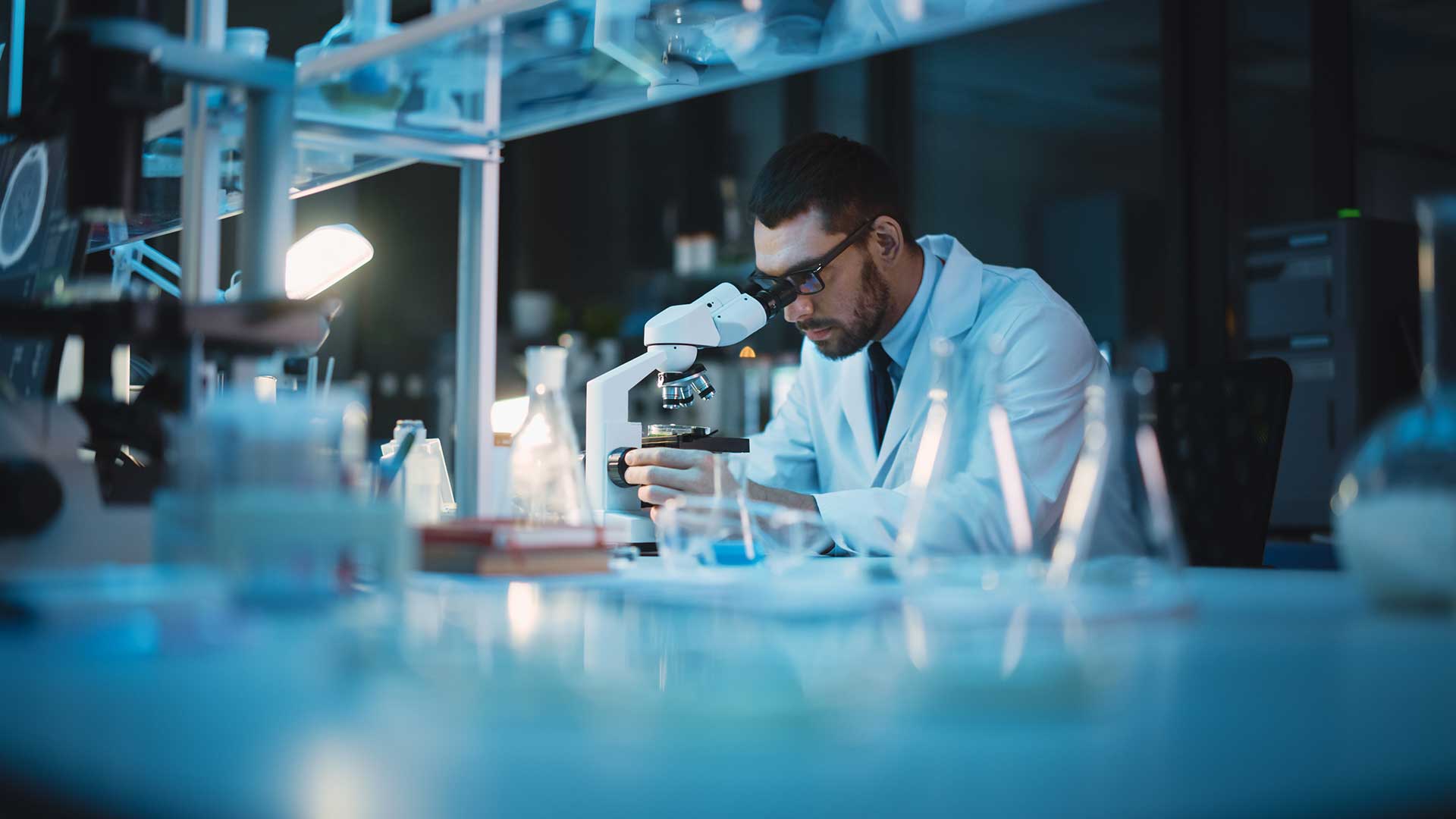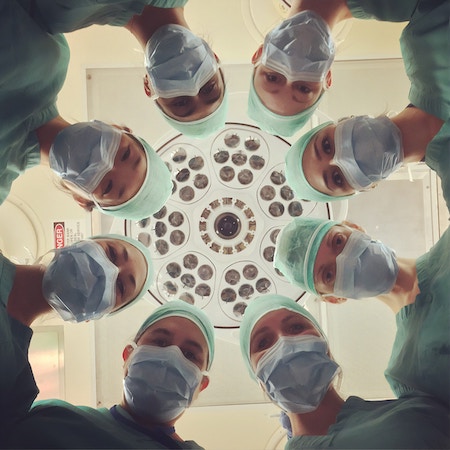


Cancer screening
We are witnessing a revolution in cancer screening. Advances in genomics and the ability to read the genetic code quickly and cheaply have opened the door to affordable cancer screening across a wide range of cancers. They have made the possibility of a national screening programme a reality. GOV.UK, the Government website, states “As part of the long-term plan for the NHS, a package of measures will be rolled out across the country with the aim of seeing 3 out of 4 of all cancers detected at an early stage by 2028”[1]. Cancer screening will have significant and wide ranging medical and social consequences. The cost of cancer to society has been estimated by the Government in 2015 to be £18.3bn per annum[2], and more importantly, screening has the potential to dramatically reduce cancer mortality. Cancer Research UK states that cancer accounted for 24% of all deaths in the UK in 2020[3], and the NHS states “A patient whose cancer is diagnosed at the earliest stage typically has between five and 10 times the chance of surviving compared with those found at stage four.”[4]
Why is screening significant?
Cancers are categorised from stages 0 to 4 as the cancer develops. There is a crucial point in the development of a cancer between stages 2 and 3 called metastasis. Metastasis is the point when the cancer tumour cells take hold in other parts of the body. After metastasis, treatment options change dramatically. A single isolated cancer tumour can often be removed surgically or effectively treated with local radiotherapy. After metastasis, chemotherapy and immunotherapy are often the only options and survival rates are significantly lower, as stated by the NHS above.
Screening programmes coming to the market
A number of radical blood-based (liquid biopsy) screening programmes are coming onto the market. Two programmes, Grail’s Galleri, and CST’s Trucheck have been CE marked (ie have EU medical approval) and have completed clinical trials. The programmes provide screening for a broad range of cancers and each work in slightly different ways.
Grail’s Galleri Programme
The Galleri screening programme is currently being trialled on a large scale by the NHS. They are aiming for 140,000 volunteers, and initial feedback of the trials is due in 2023. NHS chief executive Amanda Pritchard said: “This quick and simple blood test could mark the beginning of a revolution in cancer detection and treatment here and around the world. By finding cancer before signs and symptoms even appear, we have the best chance of treating it and we can give people the best possible chance of survival”. [5] Galleri detects 50 types of cancers[6] and Cancer Research UK report “In a study involving people who had already been diagnosed with cancer, the test accurately detected cancer in 51.5% of people”. [7] This figure of 51.5% is called the sensitivity of the test, and measures the likelihood of the test picking up cancer, and offers a comparison across all tests.
Cancer Research UK says that it detects cancer “by looking for DNA found in the blood, called cell-free DNA (cfDNA), that’s shed by both tumour cells and healthy cells into the bloodstream. Galleri uses modern genetic sequencing technology and artificial intelligence to scan for patterns of chemical changes in the cfDNA that come from cancer cells but aren’t found in healthy cells.” [8] Galleri is available in the UK in research settings at the moment.
CST’s Trucheck Programme
The Cancer Screening Trust (CST) is a not-for-profit organisation dedicated to the promotion and provision of the best available cancer screening technologies. CST’s Trucheck screening programme has been designed with Datar Cancer Genetics, a global molecular oncology company.[9] The heart of the screening programme is Datar Cancer Genetics’ Trucheck blood test. The test provides a blood-based analysis that can detect individual Cancer Tumour Cells (CTCs) that have separated from the source tumour. These circulating tumour cells are detectable in the blood even at the earliest stages of cancer, before the point of metastasis when secondary tumours are established in other parts of the body.
The technology involves a five-day process during which blood samples are placed in an activating medium. The activating medium triggers a natural mechanism of cell death (called apoptosis) that occurs in healthy cells - this is a process by which the body clears out unneeded or abnormal cells. Cancer cells generally have damaged this process of natural cell death, and survive in the activating medium. The activating medium thereby kills non-malignant (healthy) cells in the sample, while the cancer cells survive and can be harvested to accuratly identify the cancer, and in most cases identify the organ of origin as well.
The test is sensitive to approximately 70 types of cancer, or approximately 81% of cases[10], and has an accuracy of finding cancer in a patient with those cancers of 96.8%[11]. The CST Trucheck programme is available through The Cancer Screening Trust at £1250, which covers the test and a consultation.
The future
The Cancer Screening Trust (www.thecancerscreeningtrust.co.uk) believes that we are on the cusp of a revolution in cancer treatment, with the potential to save many tens of thousands of lives a year. Effective screening programmes are coming to the private healthcare market, and forward-looking NHS strategists are starting to think in terms of a national programme. This will be costly, and we believe government funding will be largely influenced by public awareness of the new technologies and new possibilities. Our mission as a not-for-profit organisation is to raise this awareness, and to provide a world leading cancer screening programme to private healthcare users and the NHS.
[1] https://www.gov.uk/government/news/government-announces-plans-for-earlier-diagnosis-for-cancer-patients
[2] https://www.gov.uk/government/publications/2010-to-2015-government-policy-cancer-research-and-treatment/2010-to-2015-government-policy-cancer-research-and-treatment
[7] https://news.cancerresearchuk.org/2021/09/13/the-galleri-multi-cancer-blood-test-what-you-need-to-know/
[8] https://news.cancerresearchuk.org/2021/09/13/the-galleri-multi-cancer-blood-test-what-you-need-to-know/
[9] https://www.einpresswire.com/article/576188701/datar-cancer-genetics-partners-with-the-cancer-screening-trust-to-offer-blood-based-test-for-early-cancer-detection
[10] Whitepaper Trucheck 2022
[11] R11-Technical Note 07-07-2022